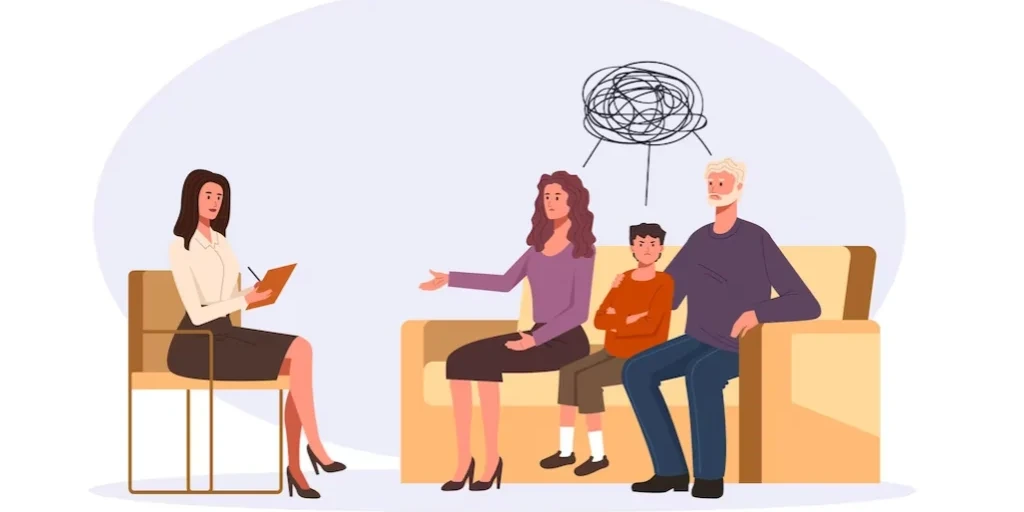24/7 Helpline:
(866) 899-221924/7 Helpline:
(866) 899-2219
Learn more about Eating Disorder Treatment centers in Greenwood
Eating Disorder Treatment in Other Cities

Other Insurance Options

Cigna

Anthem

Excellus

Premera

CareFirst

Multiplan

WellCare Health Plans

GEHA

Health Partners

Holman Group

AllWell

BlueCross

Covered California

Evernorth

Ceridian

Humana

Group Health Incorporated

Private insurance

UnitedHealth Group

Ambetter




























































































































Region Ten Community Services Board – Crozet
Region Ten Community Services Board is a non-profit rehab located in Crozet, VA. Region Ten Communit...





































































